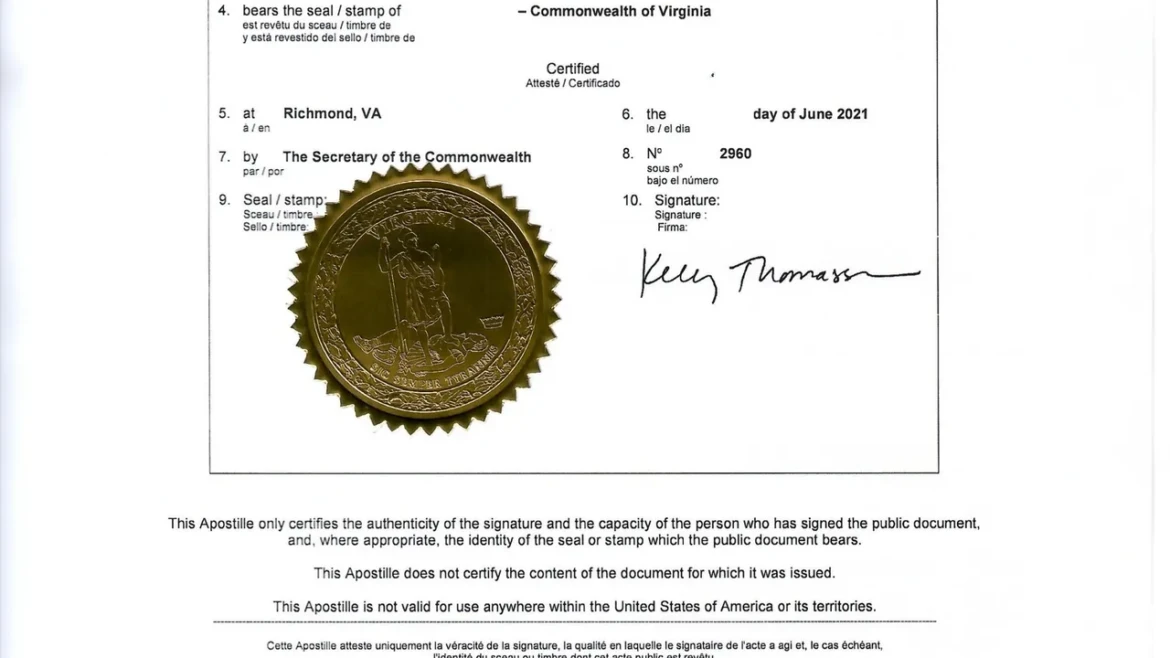When dealing with international documents, especially those translated from Spanish to English, it’s often necessary to ensure that these documents are legally recognized in other countries. This is where an apostille or document legalization comes into play. Understanding the importance and process of obtaining these authentications can save time, prevent legal issues, and ensure smooth international transactions.
What is an Apostille?
An apostille is a certification that verifies the authenticity of a document for use in another country. It is issued under the Hague Convention of 1961, which simplifies the process of document legalization among member countries. If both the issuing and receiving countries are members of this convention, an apostille is sufficient to certify the document’s validity.
What is Document Legalization?
Document legalization is a more comprehensive process required when dealing with countries that are not members of the Hague Convention. It involves multiple steps, including notarization, authentication by local authorities, and legalization by the consulate or embassy of the destination country. This process ensures that the document is legally recognized abroad.
Why You Might Need an Apostille or Legalization
- Legal Transactions: Legal documents, such as birth certificates, marriage licenses, and powers of attorney, often require an apostille or legalization to be accepted in foreign countries. This is crucial for immigration, inheritance, and other legal matters.
- Business and Commercial Activities: Companies expanding their operations internationally need to provide authenticated documents like contracts, incorporation papers, and financial statements. Apostille or legalization ensures that these documents are recognized and enforceable abroad.
- Educational Purposes: Students and professionals pursuing education or employment opportunities overseas may need to provide certified translations of diplomas, transcripts, and other academic records. An apostille or legalization ensures these documents are valid in the destination country.
- Healthcare: Medical professionals moving to another country might need to have their credentials and licenses translated and authenticated to meet local regulatory requirements.
Steps to Obtain an Apostille or Legalization
- Notarization: The document must first be notarized by a certified notary public. This step confirms the authenticity of the signature and the integrity of the document.
- Certification by Local Authorities: After notarization, the document may need to be certified by local government authorities, such as the county clerk or state government.
- Obtaining the Apostille: For Hague Convention countries, the next step is to obtain the apostille from the designated competent authority, usually the Secretary of State’s office in the USA.
- Consular Legalization: For non-Hague Convention countries, the document must be further authenticated by the U.S. Department of State and then legalized by the consulate or embassy of the destination country.
Choosing a Reliable Service
Navigating the apostille and legalization process can be complex and time-consuming. It’s often beneficial to use a professional service that specializes in document authentication. Such services can handle the entire process, ensuring accuracy and compliance with international requirements.



